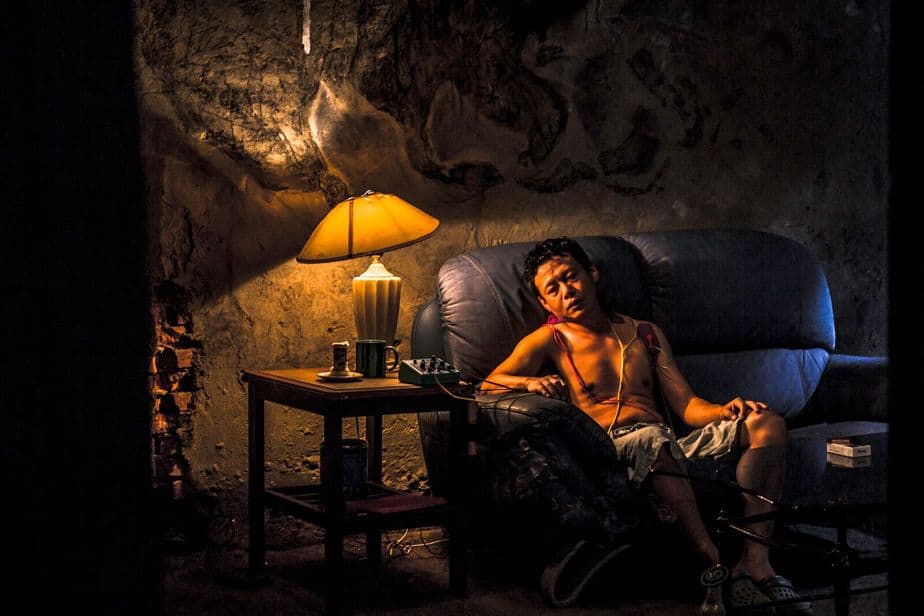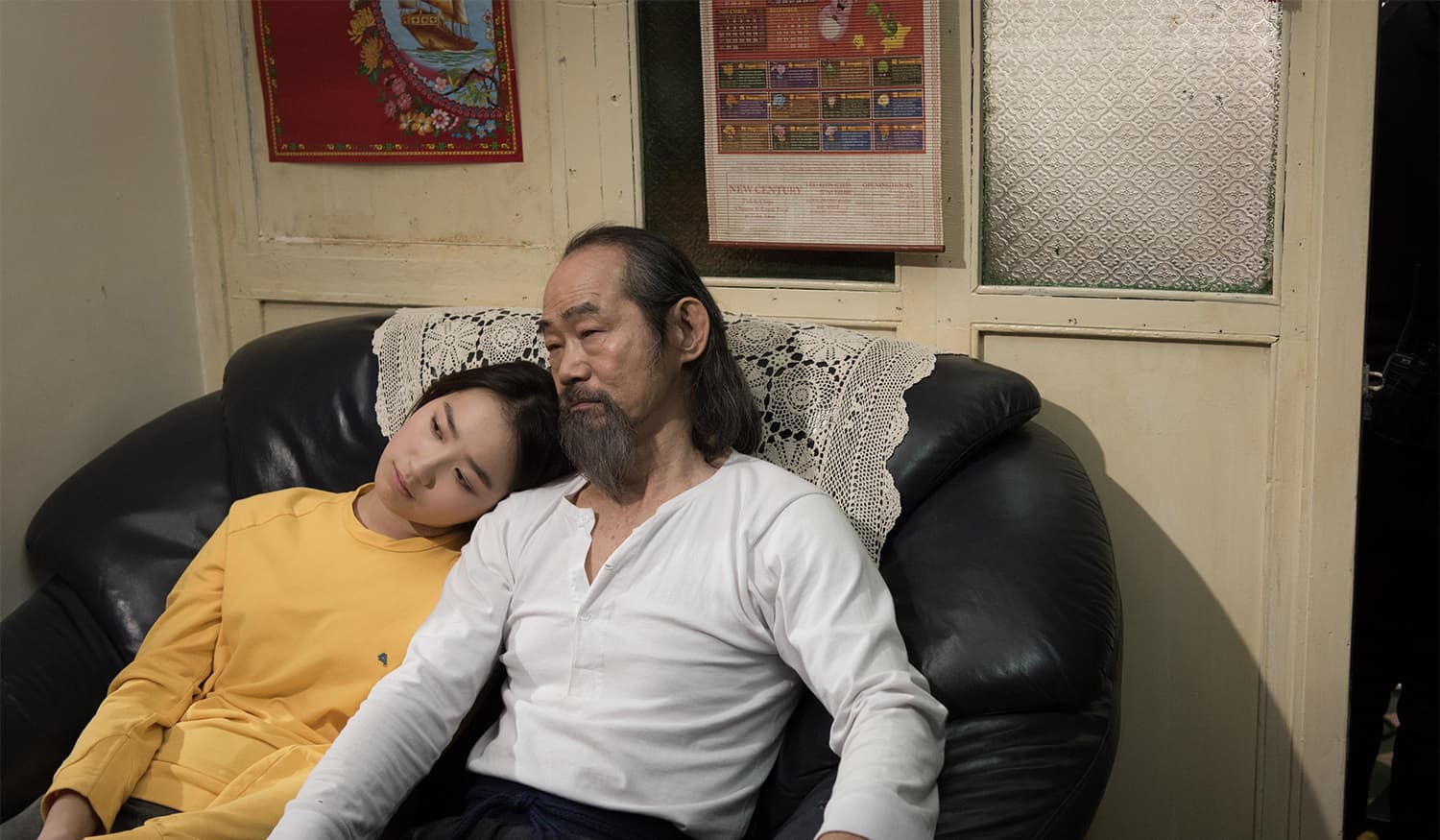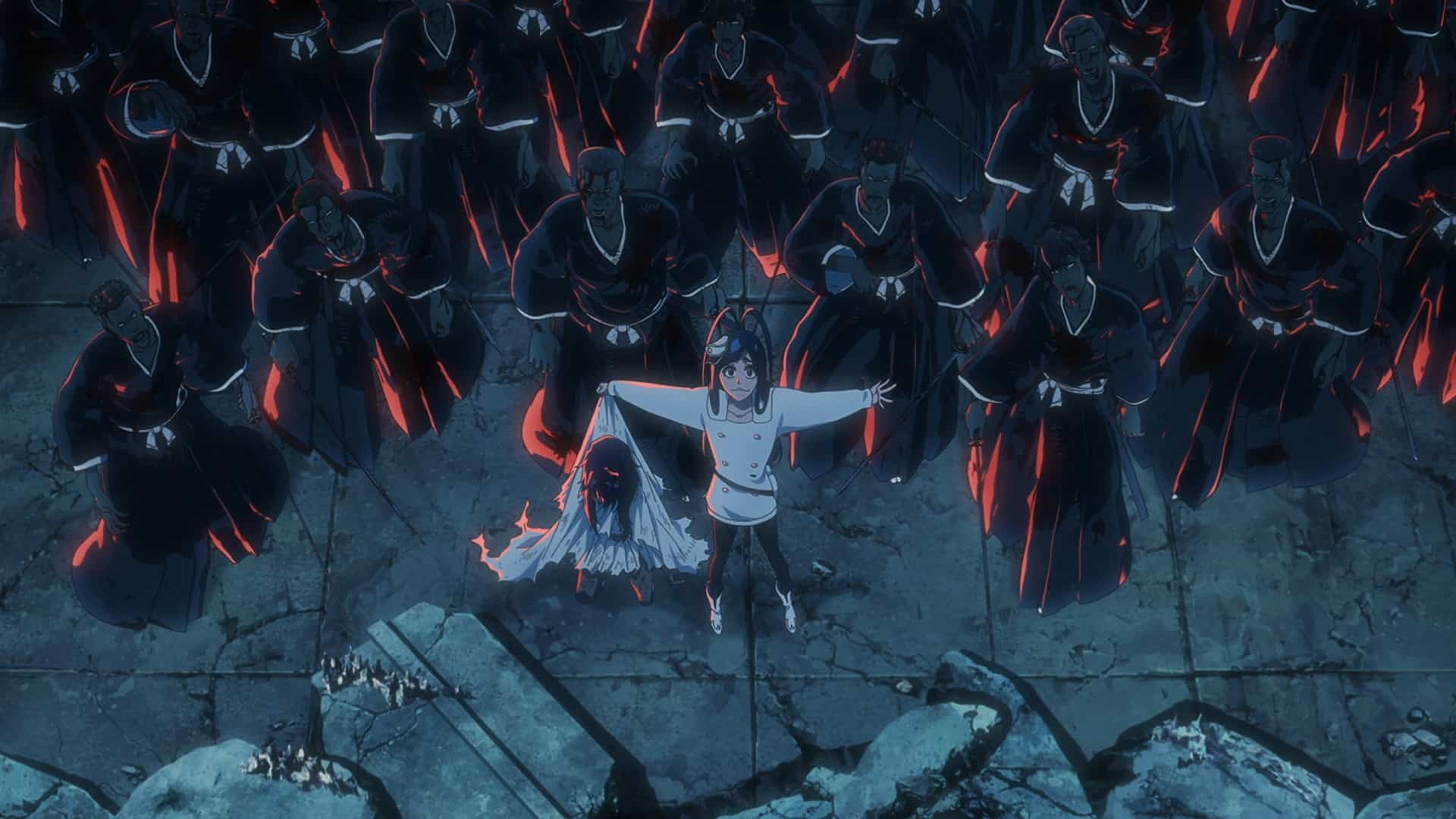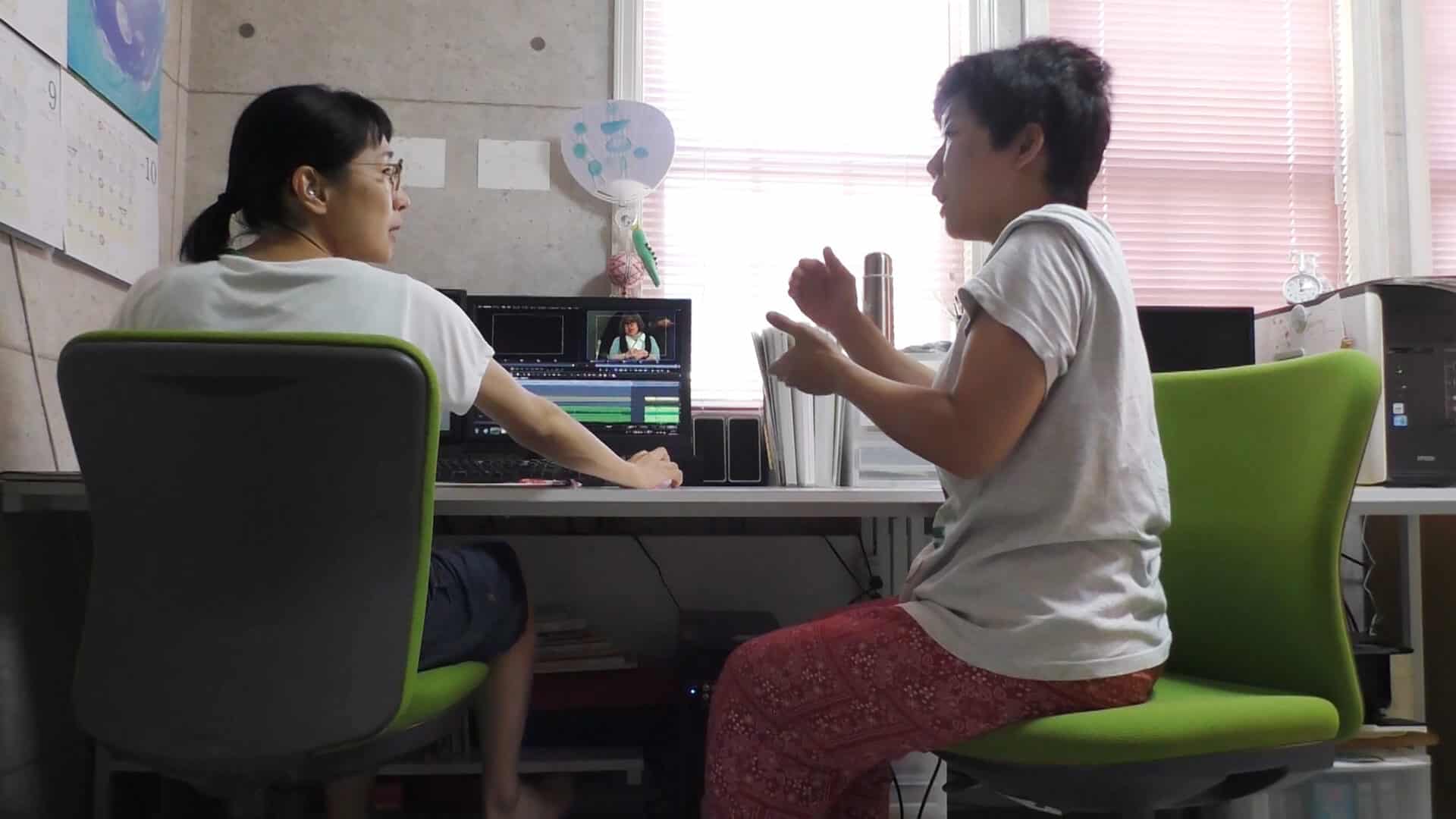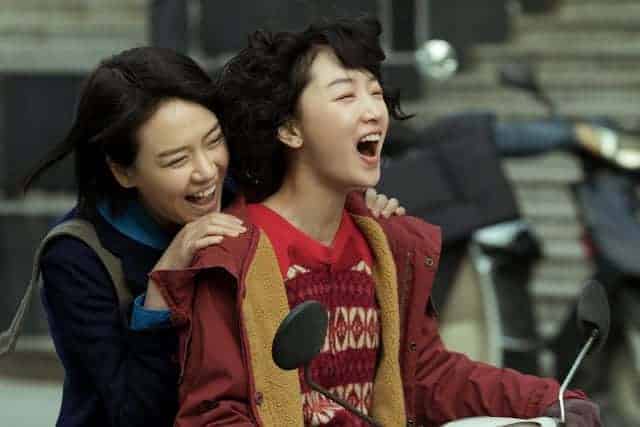After being asked to experiment with VR by different parties – including Marco Müller, former Venice Film Festival Director and big mentor and promoter of Asian directors – director Tsai Ming-liang was approached by Taiwanese tech giant HTC and their Virtual Reality Content Center. They wanted to venture in proper narrative filmmaking instead of insisting on the prevalent use of VR in gaming and that was enough to convince Tsai to make “The Deserted”, a story based also on his personal experience of a long retreat in the mountains with his friend and main actor Lee Kang-sheng, recovering from a prolonged illness.
“The Deserted” is screening at Taiwan Film Festival UK

“The Deserted” was in competition last year in the newly established VR Section of The Venice Film Festival and it is now in London, courtesy of the Taiwan Film Festival UK. It is also an extraordinary occasion to catch a glimpse of beauty and future. The majority of VR films are short – max 20 minute running time – due to the head-spinning quality of it and the clumsiness of the viewing device but iconoclastic director Tsai Ming-liang has disregarded the guidelines and created a 55 minute incredible experience.
The minimal story is narrated by a series of almost theatrical sets. A man (Lee Kang-sheng, who else?) is alone in a dilapidated apartment on a mountain, part of a row of deserted terraced hoses, surrounded by thick tropical forest. He is ill and on a personal, slow path to recovery. His only companion is a beautiful fish swimming in the bathtub but he is also visited by few female ghosts; a motherly figure (Lu Yi-Ching) who in the opening set cooks for him, a mysterious bride (Chen Shiang-chyi) and a young woman (Yin Ivy) who may also be a spirit carried by the fish. Memories, desires and shadows from the past float around him without making contact in a sequence of gorgeously constructed and distressed sets, enveloping the viewer.

Although the film uses a very advanced technology we must remember that this is still a Tsai Ming-liang's movie and the VR is only a medium; all his trademark features are still in place. The film has no dialogues and the gaze lingers on the characters and their surreal spectral behavior in the director's customary long takes. It is a very intimate and sensorial experience; as the movie starts, and projects you – literally – in the middle of it, a sense of unease for the unexpected voyeurism may add up to the dizziness. You will find yourself floating in a weird out-of-body status and being right in the room, a ghost within the other ghosts, observing the man in his privacy. All around, an incredibly architected soundscape of layered and augmented noises makes the whole journey even more hyper-realist.
Not much happens, some of the sets are very minimalist and static and this allows you to explore the deserted rooms, to imagine their former shape and their connection with the restless souls that now inhabit and roam them. The beautifully crafted mise en scène becomes even more an integral part of the narrative and so does the viewer.

Only in the last scene the man is completely alone; eating some freshly cooked food, he takes care of his body and soul. Ghosts have dissipated, only us, in our intangible shape, are still quietly staring at him from outside the window.
Tsai Ming-liang's silent reflection on the nature of illness, recovery and lingering memories is a benign ghost story in a unique and “de luxe” package. If “The Deserted” comes near you, please do yourself a favor, go and see it.


